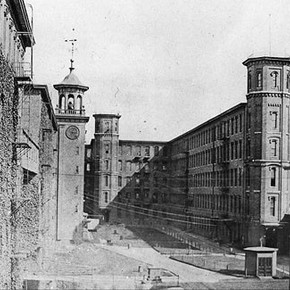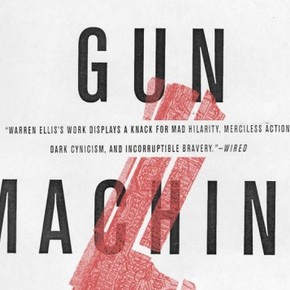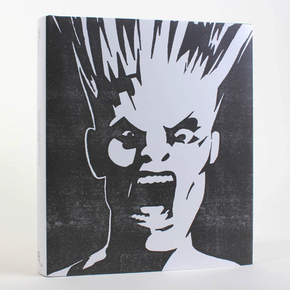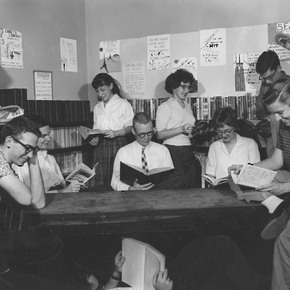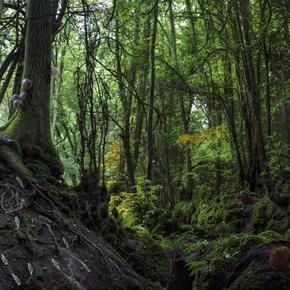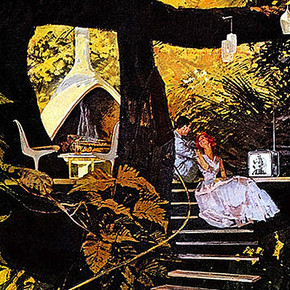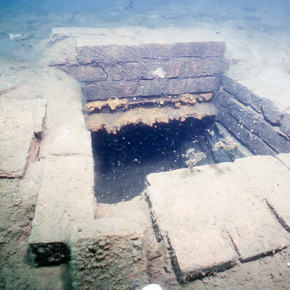Professional Experience
Freelance writer and editor covering science, the environment, and culture. I have a background in journalism and nonprofits (grants and marketing materials), and I currently do a mix of blogging, narrative journalism, and copy editing.
I write about a bunch of topics, including cities, conservation, climate change, activism, nonprofits, philanthropy, and some geeky stuff. I'm also a talented and experienced editor with a knack for both structure and detail.
Expertise
Editor
4 Years
Reporter
5 Years
Writer
7 Years
Specialty
Environment & Nature
5 Years
Philanthropy
3 Years
Science
3 Years
Industries
Online/new media
3 Years
Newspaper - Local/Regional
3 Years
Nonprofit
6 Years
Total Media Industry Experience
10 Years
Media Client List (# assignments last 2 yrs)
Foundr Magazine (10+), Inside Philanthropy (10+), Open Media Boston (3-5), Souciant (3-5), Futures Exchange (3-5), Curbed National (3-5), American Forests Magazine (1-2), The Magazine (1-2), Private Air Magazine (1-2)
Corporate Client List (# assignments last 2 yrs)
USPIRG/Environment America (3-5), The Oechsli Institute (1-2)
Other Work History
Current ongoing contracts include science & environment editor at Inside Philanthropy, and copy editor at Foundr Magazine.
Previous staff jobs:
• Grant writer and editor for The Public Interest Network.
• Head of direct mail fundraising department for The Public Interest Network.
• Reporter for the East Valley Tribune in Phoenix covering education.
Technical Skills
Comfortable publishing online on a variety of platforms, plus a bit of under the hood stuff. Intermediate skills with Adobe InDesign and MS Excel. Podcasting using Audacity, Amazon AWS, and Feedburner.
Computer Skills
MS Word, Excel, and Access. OSX, Libre Office, Squarespace, Wordpress, Drupal, Typepad, Adobe InDesign, Audacity, Constant Contact, Mailchimp, Scrivener.
Equipment
MacBook Pro, Nikon point-and-shoot digital camera, digital voice recorder, Microsoft Office, Adobe InDesign, Scrivener, scanner/fax.
Awards
Donald Still Award for excellence at the Arizona Daily Wildcat, William Hattich Award for journalism professionalism, NASA science writing internship.
